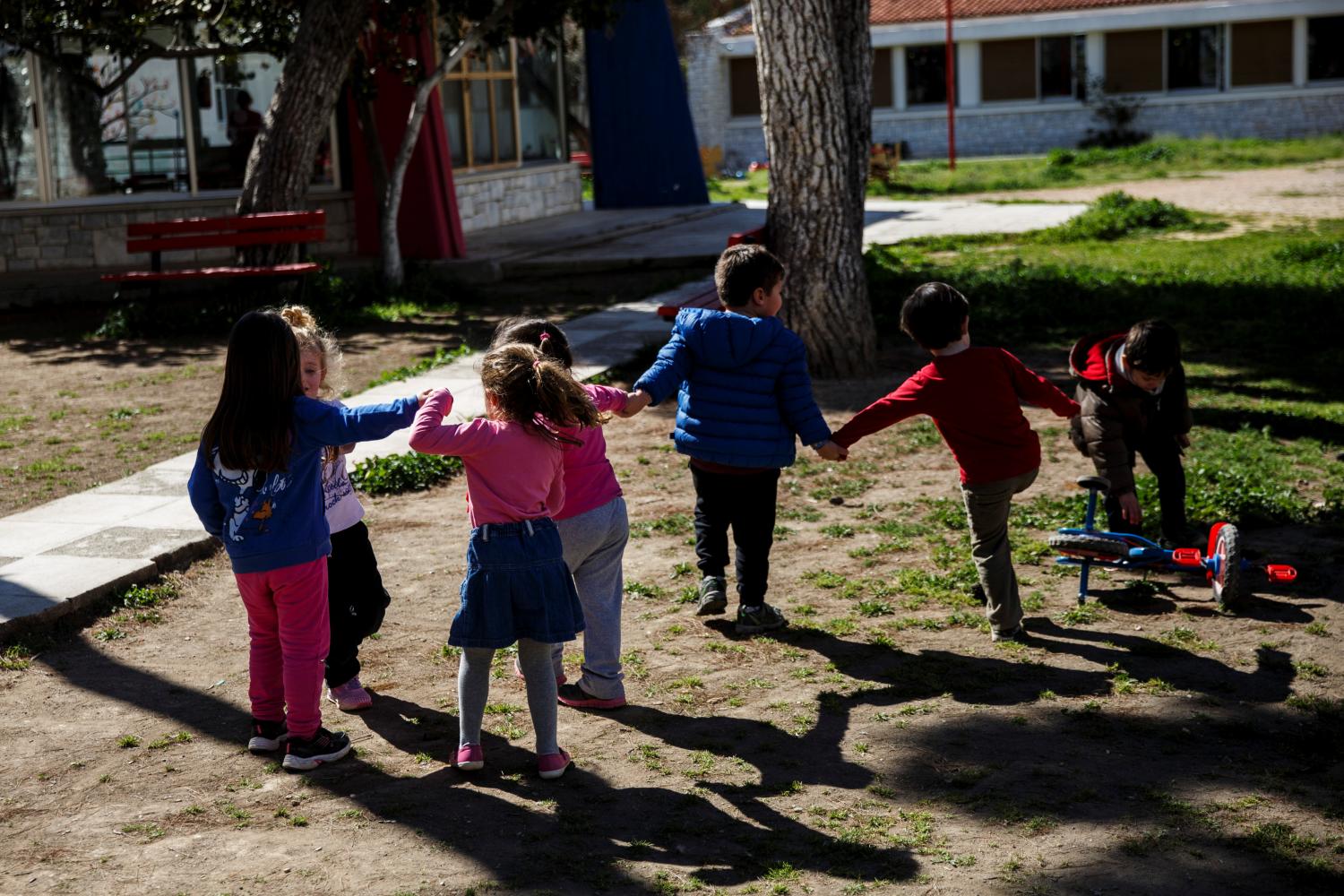We need more than conventional economic policies to help those stuck at the bottom of the income ladder work their way up, argues the Third Way report released Monday. Economic policies—like increasing the Earned Income Tax Credit or access to health care—are important but not sufficient. Someone born in the bottom income quintile has about the same chance of making it out of the bottom quintile as they did 50 years ago.
So what’s missing? The “mobility mentality”:
- Growth Mindset: the belief that intelligence and ability are malleable, not fixed
- Grit: the persistence and resilience needed to climb the ladder
The report, which is worth reading in whole, describes this mobility mentality and outlines eight suggestions for how government can promote and reward the fostering of a mobility mentality. For example, the authors suggest more home visiting programs that teach parents to model the growth mindset and even a “BoomerCorps” in which retiree volunteers encourage low-income families to take up the growth mindset and act as a support network for low-income families. Many of the suggestions are actually recommendations that the government itself should adopt a mobility mindset, such as by providing stronger chances for low-income students to make it to college or better-assisted re-entry into society for individuals leaving prison.
A few of our reactions:
- We like the “mobility mentality” framing because it captures both the will to succeed and the capacity to do it, a distinction we have written about before and are currently grappling with in our Character and Opportunity Project here at Brookings.
- The authors are very comfortable with the idea that government should take on the role of promoting a mobility mindset, but many Americans are not as comfortable with government involvement in this character realm, as we’ll argue in a forthcoming essay this week in National Affairs. A stronger case may need to be made for why government is best, or necessary, for this role.
- Grit is especially important for low-income kids who likely face more setbacks than their more advantaged peers. However, the authors too optimistically contend, “since low-income kids already face on average far more hurdles in life than many of their peers, they have been cultivating grit all their lives.” These hurdles are an opportunity for development of grit but not a guarantee. In fact, constant and severe stress can impact brain and hormonal development, making it more difficult for disadvantaged students to persist in school.
- This is a new area of research. Though the growth mindset is a promising start, researchers are still learning how to teach grit. While we know that grit is important, we need to be cautious about whether we know enough to encourage government-funded programs in this area.
The Brookings Institution is committed to quality, independence, and impact.
We are supported by a diverse array of funders. In line with our values and policies, each Brookings publication represents the sole views of its author(s).





Commentary
The Mobility Mentality: Our Response to Third Way’s Take on Character
June 17, 2014